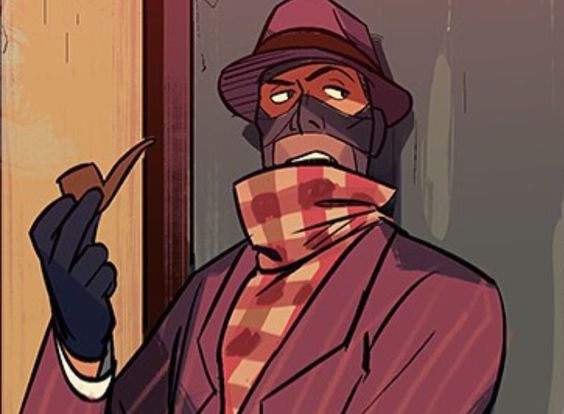The anime landscape is dotted with unforgettable male dragon characters, each leaving an indelible mark on the genre. Let's explore some of the most prominent figures who embody the might and mystique of dragons.
Shenron (Dragon Ball Series)
Perhaps one of the most universally recognized male dragon anime characters is Shenron from the Dragon Ball franchise. While not a character with a complex personality in the traditional sense, Shenron is the embodiment of wish-granting power. Summoned by the Dragon Balls, this colossal green dragon materializes to grant a single wish to whoever gathers all seven. His immense size and booming voice are iconic, and his existence is central to the plot of Dragon Ball. He represents the ultimate reward, the power to alter reality itself.
Shenron's role, though seemingly passive, is crucial. He is the ultimate deus ex machina, the force that can bring back the fallen, restore destroyed cities, or grant incredible power. His appearance is always a moment of anticipation and excitement, signaling a major turning point in the narrative. The sheer awe he inspires is a testament to his status as a legendary dragon.
Haku (Spirited Away)
Studio Ghibli's masterpiece, Spirited Away, presents us with Haku, a complex and deeply sympathetic male dragon character. Initially appearing as a mysterious boy who helps Chihiro navigate the spirit world, Haku is later revealed to be a powerful river spirit who can transform into a magnificent white dragon. His story is one of lost identity, servitude, and the enduring power of love and memory.
Haku's dragon form is breathtakingly beautiful, a stark contrast to the often fearsome depictions of dragons. His struggle to remember his true name and his past is a central theme, highlighting the importance of identity and belonging. His protective nature towards Chihiro, and their intertwined destinies, make him one of the most beloved dragon characters in anime history. His journey is a powerful reminder that even the most formidable creatures can possess a gentle heart and a yearning for freedom.
Igneel (Fairy Tail)
In the popular shonen series Fairy Tail, Igneel is a central figure, a powerful Fire Dragon who raised the protagonist, Natsu Dragneel. Igneel is the epitome of a paternal dragon figure, possessing immense strength, wisdom, and a deep love for his adopted son. His presence looms large over the series, even after his initial disappearance, as Natsu embarks on a quest to find him.
Igneel's legacy is one of sacrifice and unwavering protection. He instilled in Natsu the values of friendship, perseverance, and the importance of fighting for what you believe in. His eventual return and the truth behind his actions are among the most emotional and impactful moments in the series. He represents the ultimate mentor and protector, a dragon whose love transcends even death.
Ryuk (Death Note)
While not a dragon in the traditional sense, Ryuk from Death Note shares many draconic characteristics: immense power, a detached yet observant nature, and a somewhat unsettling appearance. As a Shinigami (death god), Ryuk is a being of immense supernatural ability, responsible for the Death Note. He is drawn to the human world by boredom and the allure of the Death Note, becoming an unwilling observer and occasional catalyst in Light Yagami's descent into madness.
Ryuk's fascination with humans, particularly their capacity for both good and evil, makes him a unique character. He is not inherently malicious but rather amused by the chaos and drama that unfolds. His presence adds a layer of dark fantasy and cosmic irony to the psychological thriller. His motivations are often self-serving, yet his observations provide a critical commentary on human nature.
Almalius (The Rising of the Shield Hero)
Almalius, the King of Melromarc, from The Rising of the Shield Hero, is a more complex and morally ambiguous character who, while not a dragon himself, is deeply intertwined with dragon lore and power within the series. His actions and decisions significantly impact the narrative, often creating conflict and challenging the protagonist, Naofumi. The kingdom itself is steeped in traditions and beliefs that often involve draconic beings and their influence.
Almalius represents the flawed authority figures often found in fantasy narratives. His initial prejudice against Naofumi and his adherence to outdated traditions create significant obstacles. However, as the story progresses, his character is explored further, revealing the pressures and complexities of his position. His journey highlights how even those in power can be swayed by societal norms and personal biases.

